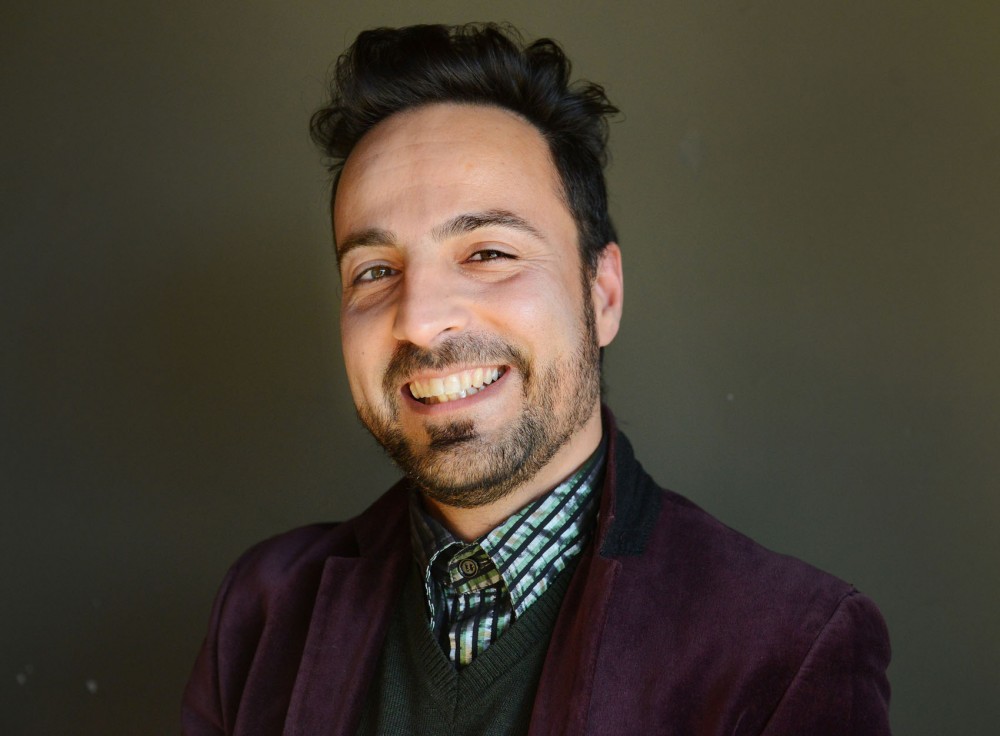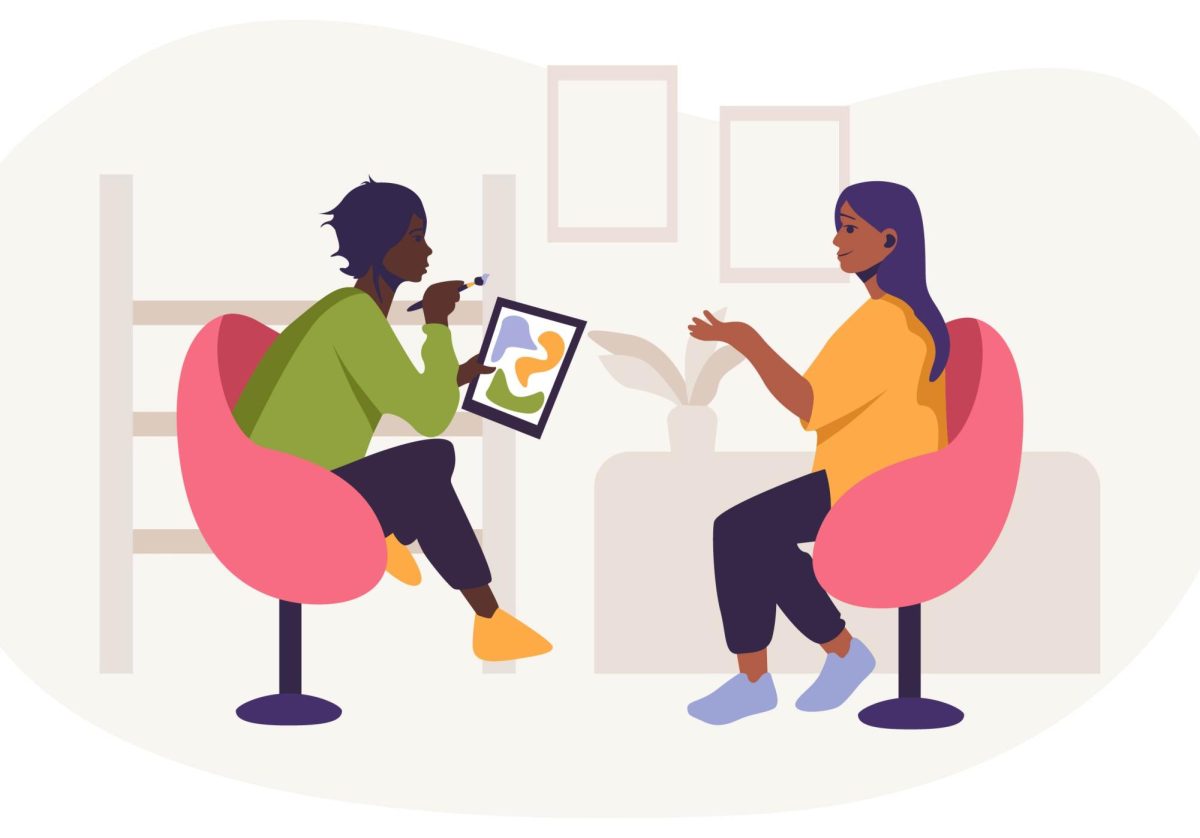Faced with the desolation of a war-torn Afghanistan and the isolation of an oppressive America, Qais Munhazim creates his own world in poetry.
With a passion for diplomacy and international security, Munhazim is a doctoral candidate in political science at the University of Minnesota after living in Afghanistan and working for the United Nations. He uses those life experiences — as well as the adversity he encounters as a gay Muslim — as inspiration for his poetry, which will be read at Intermedia Arts’ “Queer Voices” event on Tuesday.
Munhazim moved to Minneapolis in 2008, enrolling as an undergraduate and recipient of a University scholarship.
“I had a huge culture shock with everything. The oxygen feels different,” Munhazim said. “I grew up in a war. All I remembered was destruction.”
Munhazim came out as gay two years after moving to Minneapolis. In Afghanistan, he said he needed to hide his identity in order to stay alive.
“In Afghanistan, you can’t be gay; otherwise you will be hung in public or stoned to death,” he said. “You live double lives. That’s why a lot of the time I don’t connect on any level with American gays or white gay men, because we come from different experiences.”
Living in the U.S. as a Muslim person of color comes with its own challenges, Munhazim said.
“The first thing people ask me when they hear my accent is, ‘Oh, where are you from?’” he said. “The moment I tell people I’m from Afghanistan, they immediately tell me, ‘Oh, I’m sorry.’”
Munhazim said even American men he’s dated have expressed subtle discrimination and racism.
“A man told me once, ‘I’m sorry I can’t take you home to meet my parents, because they’ll be scared to meet a terrorist,’” he said. “To him, it was a joke. But to me, it’s not a joke.”
Through poetry, Munhazim expresses the isolation he felt as a gay man in Afghanistan and now as an Afghan Muslim in America. Many of his poems are published in Farsi, his native language.
“The best thing about Farsi is that it’s gender-neutral,” he said. “I could write a poem about a man, but nobody knew it was about a man. For me, that was the only way for me to express my sexual desires and sexual frustrations without getting caught.”
Munhazim started writing poetry when he was in seventh grade.
“That was the first time I started feeling for another man. The tension was so bad that it was affecting my studies and my health, and I was really scared,” he said. “When you’re hiding something [and] when you come across the people you’re hiding from, you feel like they’re reading your mind.”
Growing up in an area of continuous war prevented Munhazim from experiencing the joys of childhood.
“A child in war doesn’t have a childhood. The moment you can count, you’re expected to work,” he said. “I was working when I was 8 years old, so I never lived my childhood.”
But as an adult, Munhazim creates his own moments of childhood that were lost.
“Sometimes I have so much childhood in me because I never expressed that. My friends will tell me, ‘You’re so mature, but sometimes you’re like a kid,’” Munhazim said. “Sometimes I’m being stubborn to get something very small, or craving candy, or watching cartoons. My friends ask me why, and I say I’m just catching up.”
What: Queer Voices
When: 7 p.m. Tuesday
Where: Intermedia Arts, 2822 Lyndale Ave. S., Minneapolis.
Cost: $5 suggested donation








